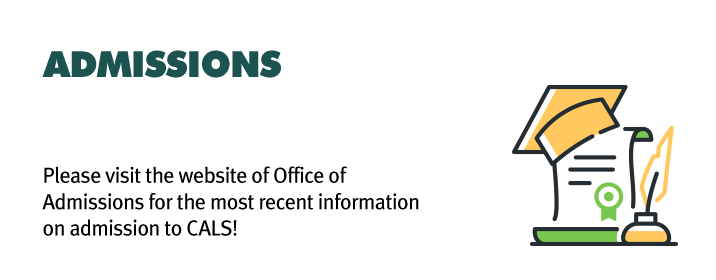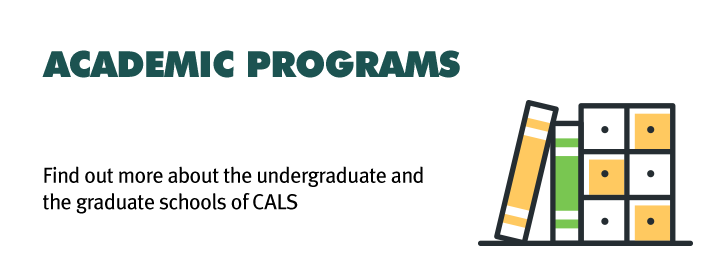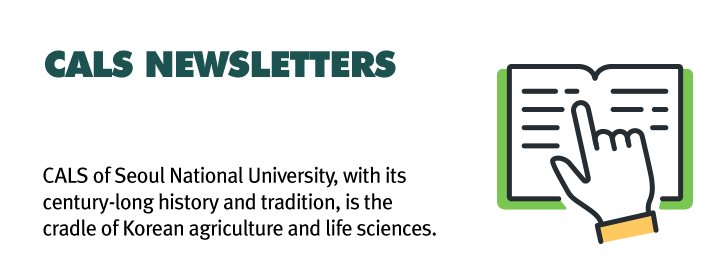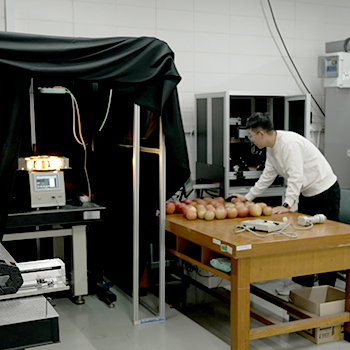Development of web-based decision support tool for rainfall erosivity estimation using both high-resolution rainfall data and simplified models
Professor Moon-Seong Kang’s research team from SNU CALS has developed a Web-based Rainfall Erosivity Calculation (WREC) decision support tool, which enables rapid and accurate estimation of rainfall erosivity based on the resolution of meteorological data available to users.

Soil erosion is a significant global problem that has far-reaching effects on agricultural productivity, environmental health, and ecosystem stability. The rainfall erosivity factor (R-factor) used in the Universal Soil Loss Equation(USLE) is a key parameter for predicting soil erosion.
However, its accurate estimation is difficult owing to the complexities of high-resolution rainfall data and limitations of simplified models. This study addressed these challenges by introducing several key innovations. We developed a precise algorithm for calculating the R-factor using minute-interval rainfall data to effectively capture the temporal resolution required for assessing the impacts of extreme rainfall events.
This advancement allows for accurate R-factor estimation, thereby overcoming the complexities associated with high-resolution data processing. In addition, we established a comprehensive rainfall erosivity database across South Korea based on 24 years of minute-interval rainfall data. We then derived an optimal regression model for estimating monthly rainfall erosivity from daily precipitation data, achieving high accuracy(R2 = 0.87) by effectively accounting for extreme rainfall events.
These efforts culminated in the development of the Web-based Rainfall Erosivity Calculation(WREC) tool, which integrates a database, a rainfall erosivity calculation algorithm, and a simple estimation model. The user-friendly interface of the WREC tool offers a versatile platform for calculating rainfall erosivity, facilitating practical applications, and assessing future climate change impacts.
Expanding the WREC tool globally and adapting regression models to local contexts will enhance our ability to manage soil erosion and promote sustainable land and water management practices.

